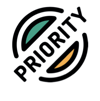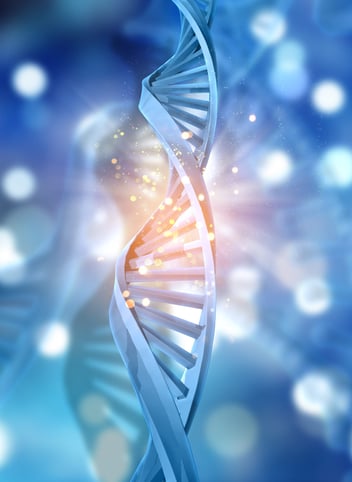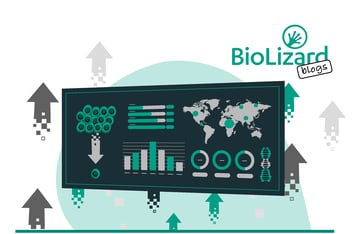Whole genome sequencing data analysis of a family of six
About the client
Our client is screening a patient‘s genome for genetic variants that are likely linked to diseases or aging. Personalized treatments are developed and tested, e.g., on cell lines derived from the patient.
Project overview
The goal of this project was to re-analyze 9 whole genome sequencing (WGS) datasets that were obtained over several years from 4 different sequencing providers. Besides the determination of germline variants, also their annotation regarding their predicted effect on the phenotype, likelihood to be deleterious, frequencies in the normal populations, and their annotation status in public databases like ClinVar was required.
The WGS report was fantastic! The report was very informative, thorough, and easy to read! Extremely satisfied WGS customer!”
Our approach
- Analysed all WGS dataset with our state-of-the-art germline variant analysis pipeline.
- QC, adaptor- and low quality read parts removal (trimming), and alignment to the current human reference genome.
- Careful evaluation of 3 variant callers: GATK4, freebayes and DeepVariant.
- High sensitivity by using merging calls of 2 callers.
- High specificity by using the intersection of calls.
- Annotation of variants using public tools and databases.
Results

We found that GATK4 is now superseded by DeepVariant regarding accuracy, speed, and user-friendliness, therefore variants were called with DeepVariant and freebayes only.
Our re-analysis of all sequencing datasets in the same consistent way makes them better to compare.

Up-to-date variant annotations allow for an easier prioritisation of variants to be studied.
For more information, contact us today!



